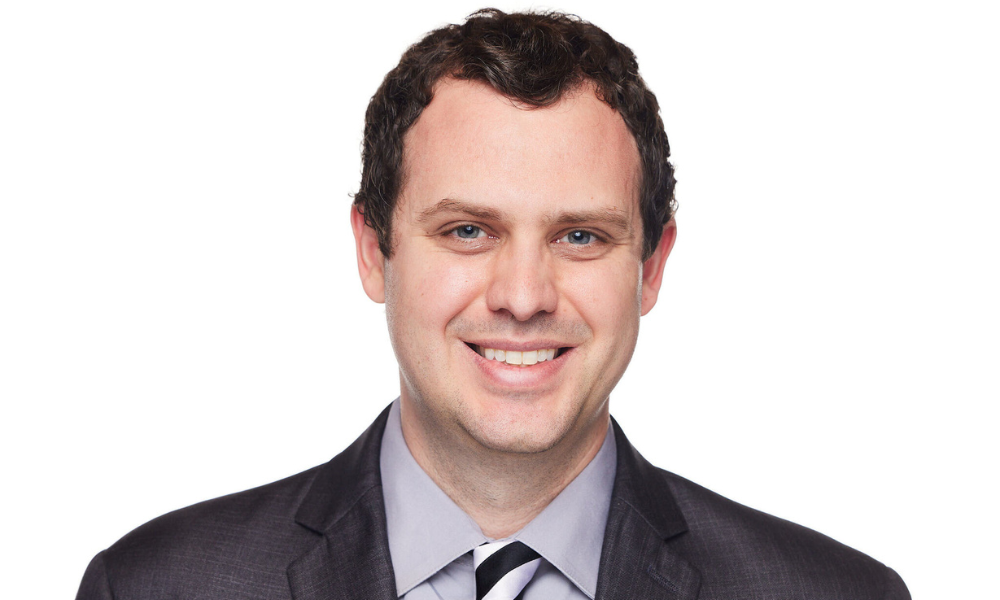ABA provides guidance on how disqualification rules apply to current and former government lawyers

The American Bar Association's (ABA) Standing Committee on Ethics and Professional Responsibility has released a formal opinion guiding how disqualification rules apply to current and former government lawyers under the ABA Model Rules of Professional Conduct.
Formal Opinion 509 interprets Model Rule 1.11, which delineates the conflict-of-interest provisions that govern the professional conduct of lawyers who have served or are currently serving as government employees or officers. The essence of Rule 1.11, particularly paragraph (c), is to mitigate the potential misuse of confidential government information that could disadvantage individuals whom the information concerns.
Confidential government information, defined by the model rules, “information that has been obtained under governmental authority and which, at the time this rule is applied, the government is prohibited by law from disclosing to the public or has a legal privilege not to disclose and which is not otherwise available to the public.”
Most Read
The guidance emphasizes that Rule 1.11 concerns itself with “a lawyer who acquired confidential government information while the lawyer was employed by or an official of the government, regardless of whether the lawyer seeking to represent the private client has now left government employ or office or maintains a private law practice (e.g., a part-time practice) while still in government employ or office.”
Formal Opinion 509 explicates the broad application of this rule, encompassing various scenarios where conflicts of interest may arise. This includes lawyers in private practice appointed as special prosecutors who also represent private clients, part-time prosecutors or attorneys general with private practices, and those engaged as counsel for towns or municipalities alongside their private client responsibilities.
This opinion is part of the ABA's ongoing efforts to provide clear, practical guidance to legal professionals. Through these formal opinions, the ABA seeks to aid lawyers, courts, and the public in interpreting and applying the model ethics rules to the specific challenges and dilemmas faced in legal practice, client-lawyer relationships, and judicial conduct.










